LEICHTER LAW FIRM ATTORNEYS
Home » Attorneys
Staff
- Joseph Hurtado – Office Manager
- Ida Dancy – Billing and Account Specialist
- Erin Thomason – Paralegal / Executive Assistant
- Holly Logan – Litigation Assistant
- Rebecca Ramos – Litigation Assistant
WHAT OUR CLIENTS SAY
"I would like to thank you tremendously for helping me start on time at UTMB, today is my 1st day, very grateful to be here!"
V.L.
“Called to thank you for your work on his case in 2013. Wanted to let you know that he and his family are doing well and thankful for your part in helping them get to where they are now.”
Tim
"I had to tell you how amazing you have been to us and how much I appreciate all you’ve done for Scott…You guys (all of you) have made a difference in our lives and helped restore Scott and his family."
MaryAnn
"I now move forward and close a difficult chapter of my life. In addition to conveying my appreciation, I ask you to not forget the measure of your work and the people you help. My life was improved by your efforts and there are likely many others who feel the same."
Erik C., MD.
"Thank you for all the help you gave me on this case. I really do appreciate your help. If I get an opportunity to recommend you, you can bet I will. This dismissal makes a great Christmas present."
R.W.
Previous
Next
What Is Incorporation?
If you are in the medical field and are considering forming a business or taking your business to the next level, incorporating your company may
January 24, 2024
Employment Contracts in Texas and Hiring an Attorney
Employment Contracts in Texas Let us start with the basics of an employment contract and what it can do for both you and your employer.
July 16, 2021
1099 vs W2
What is the Difference Between 1099 and W2 in Texas? Okay, so, if you’ve stumbled across our law firm’s blog because you’re wondering what the
May 7, 2021

